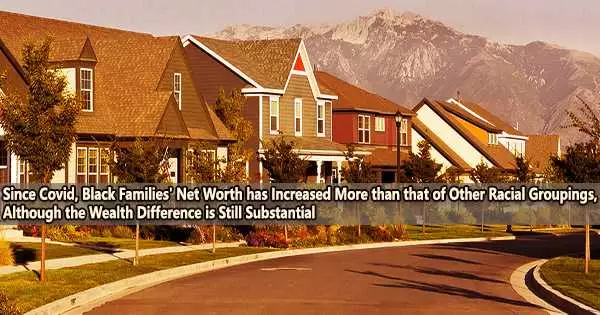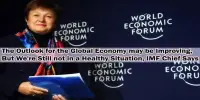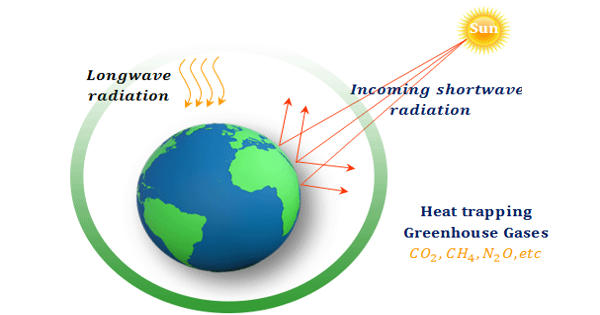Throughout the epidemic, Black families’ wealth increased more than that of non-Black households, yet the racial wealth gap persists, according to a recent research.
According to Wells Fargo research using data from the Federal Reserve Board, the average net worth of Black families increased to more than $340,000 through the third quarter of last year from the end of 2019, representing an increase of 32% over just 11 quarters.
Despite having a far higher starting position at almost $950,000 right before the pandemic began, non-Black families’ wealth has only increased by 21% during the same time span, according to the Wells Fargo analysis. But even with the increase, the racial wealth gap is still staggering: Black Americans’ net worth remains 70% below that of non-Black households.
“There’s been progress directionally, but there’s still a huge gap,” Jay Bryson, chief economist at Wells Fargo, said in an interview. “This is a step in the right direction, but there’s still a lot of progress that needs to be made here.”
The fact that Black households’ assets are significantly less diversified is one factor causing the wealth gap to somewhat widen.
The good thing was Black families weren’t hit as bad because of that. The bad thing is they aren’t as diversified as what they probably should be, but it certainly did help at least in terms of last year. … It is a blessing in disguise.
Jay Bryson
Around 70% of Black families’ assets at the end of 2019 were made up of real estate and pension benefits, compared to non-Black households’ assets, which were distributed more evenly among six primary classes.
Because of their lower exposure to the stock market, Black Americans didn’t experience huge fluctuations in their equity holdings amid the wild swings on Wall Street in 2022. The S&P 500 tumbled nearly 20% last year for its worst annual loss since 2008.
“The good thing was Black families weren’t hit as bad because of that,” Bryson said. “The bad thing is they aren’t as diversified as what they probably should be, but it certainly did help at least in terms of last year. … It is a blessing in disguise.”
Real estate boom
Because to record-low loan rates, home values increased during the pandemic as housebound individuals looked for new residences. The value of real estate holdings of Black individuals has risen by 72% since the end of 2019, nearly doubling the gain experienced by non-Black individuals, the Wells study found. What’s more, lower-priced homes tend to have seen a bigger percentage increase.
“What happened was home prices in general went up more among lower price points than they did upon higher price points,” Bryson said. “Given the income gap, Black families probably are going to be over represented in lower price points.”
In the meantime, as more people sought to benefit from low mortgage rates under Covid, homeownership among African Americans also increased. The study found that the percentage of Black homeowners increased from 42.7% in the third quarter of 2021 to 44% in the third quarter of 2021, representing the biggest percentage point rise in homeownership rates of any racial or ethnic group.
The U.S. housing market started to cool off after mortgage rates more than doubled from historic lows.
A blip?
One study that only looked at a brief period of time, according to experts, may not represent a sustained closing of the wealth gap across races.
“I don’t think it signifies any true bridging in racial wealth inequality,” Dedrick Asante-Muhammad, chief of organizing, policy and equity at National Community Reinvestment Coalition, said in an interview. “What we want to see is substantial homeownership increases, long-term home value increases, income and maybe in 401(k)s and stocks.”
In the meantime, whatever advancement made in recent years might be undone if aggressive rate hikes cause the economy to enter a recession.
“If we do have a recession this year, I think that’s going to reverse some of it,” Bryson said. “Historically, the gap between the Black and non-Black unemployment rate tends to rise as the economy enters recession.”
















